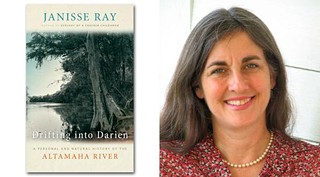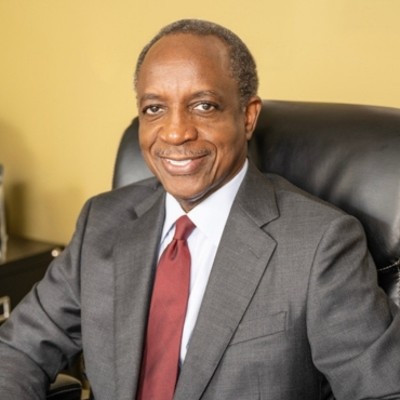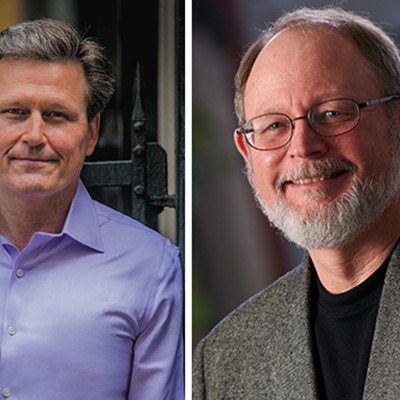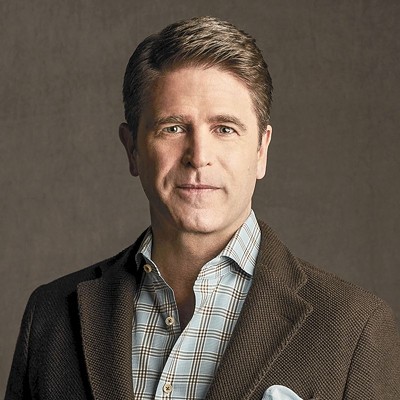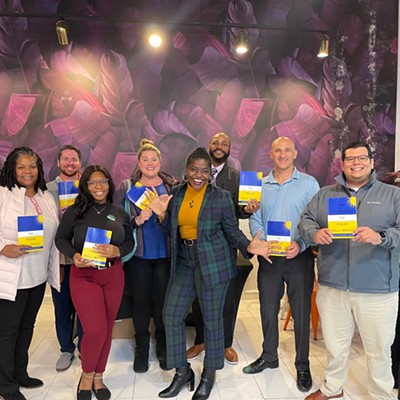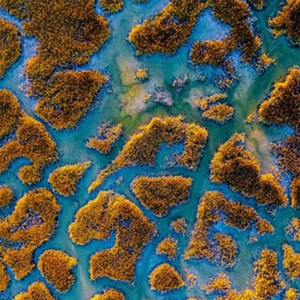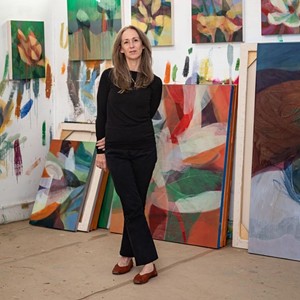Janisse Ray first gained a devoted following with her bestseller Ecology of a Cracker Childhood. It’s a heartfelt ode to the beauty and importance of the indigenous and nearly extinct longleaf pine forests of her native South Georgia, which were clear–cut for residential development and the planting of a loblolly/slash pine monoculture to feed the insatiable paper industry.
Ray’s newest book is Drifting into Darien: A Personal and Natural History of the Altamaha River, and is no less personal and far–reaching in its message of appreciation for Georgia’s natural character.
The Altamaha is the largest river system east of the Mississippi. As Drifting into Darien eloquently describes, it’s also one of the last great unspoiled places.
Though Ray writes about manmade threats as well as the protective pushback from those who live on and around its banks, the book is a labor of love rather than a polemic.
Ray appears at the Savannah Book Festival this Saturday. We spoke to her a couple of weeks ago.
If I said I enjoyed Drifting into Darien more than Ecology of a Cracker Childhood would you hate me?
Janisse Ray: (laughs) I’d thank you. I would question your aesthetic maybe! It would mean that you like a narrative–driven book better than a lyric–driven book.
I’m passionate about stories and how they get saved and how they get lost. The realization as my life on this earth ebbs away, of how little lives on.
This past week I was teaching a writing workshop, memoir and creative nonfiction writing workshop down in Tallahassee. If you’re starting with a basic workshop, you begin with the question, what is a story? It has a beginning, a middle, and an end, it’s a legacy, it’s a lesson, and so on.
Somebody in this brainstorming session raised their hand and said, “It’s the dash.” You have the date of your birth and the date of your death, and the story is the dash in between.
Apparently lots of people knew that quote, but I didn’t, and I thought it was such a fantastic idea. We just have these dashes on gravestones, if we’re lucky enough to have a gravestone, otherwise it’s just gone.
For me the river is a constant through all that, constantly driving its way through the sand.
As bad news piles up, I comfort myself by thinking the earth is very resilient and could make us go away with just a shrug and go about its business.
Janisse Ray: That’s something we held onto for a long time, that the earth could deal with anything. I don’t believe that to be the case anymore. I think the earth itself is as fragile as life on earth, and we’re doing irreparable damage. Species are going extinct for eternity, forever extinct. There are things being destroyed now that can never be replaced or returned, ever.
So the earth shrugs and humans are gone, and the earth begins to heal, the trajectory of the earth’s evolution, the evolution of life on earth, was interrupted by the intellectual ability of humans. Nothing can change that.
So what do we do?
Janisse Ray: You have to still do what you know what’s right as a matter of justice. Wendell Berry wrote, “Be joyful though you’ve considered all the facts.”
Some years ago I came to the conclusion that hope doesn’t matter to me. Every time I go out and give a talk, somebody has to ask about hope. Do I have hope, and where do I find hope, and what keeps me going. It’s shallow thinking, because hope implies that hope is what motivates us to do everything.
If you find out your child has sickle cell anemia or asthma or something, do you then give up hope for the child? Why we do what we do has everything to do with love, and very little to do with hope.
Even in the most hopeless situations, people who are filled with love still do what’s necessary to do.
That’s much more of a spiritual message than a political one.
Janisse Ray: When I give talks now what I talk more about is not how to stay hopeful, but how to stay love–filled. How to keep this force of life that drives us to think of possible solutions for the future — which is what hope is, imagining positive scenarios for the future.
Action is beyond all those. A lot of people blame their inaction on feelings of hopelessness. That’s a cop–out. Action lies beyond hope and love.
It’s angering to hear politicians say something’s “for the children” when it’s obvious that we as a society don’t really care that much about the children.
Janisse Ray: It’s striking how little care we show. We’ve always thought the real collapse would come some generations out. Now we’re seeing that it’s happening in our lifetimes.
We’re far behind on rainfall this year, we’re having the warmest winter on record. The ten warmest years on record have been in the past 15 or 20 years.
It’s happening right in front of our eyes, and yet even with scientists upping the ante on the timeframe for all this, it’s so amazingly distressing that we don’t see real change.
We are surrounded by industrial landscape. Where you are in urban Savannah, they’re thinking about deepening the harbor for industry.
Where I live, these industrial/ag landscapes are just creating havoc on the environment. To see nature now is a rare experience.
Speaking of that, how would you counsel a newbie to go about enjoying one of the last remaining unspoiled rivers in the South?
Janisse Ray: I’d send somebody down to Darien only because the delta is just so beautiful. Cathead Creek is simply a tributary of the Altamaha but there’s a little run down there where you come down to Darien with the tides, a gorgeous little canoe ride.
I also love people to experience the inland river, because most of the attention in the state goes to the coast and to the urban centers, especially Atlanta. I think there’s a lot to be found in the rural interior that a brave and tenacious person could find!
Paddle Georgia is going on the Altamaha this year. Every summer they choose a different river and this summer they’re coming down the Altamaha. The river is definitely firing in people’s minds.
Were you surprised at the fierce public uproar over the recent Ogeechee River fishkill?
Janisse Ray: I was. It was very cool. I heard people say things I never heard them say before, talking about monkey–wrenching and stuff.
I think we can attribute that in good part to the people at the Ogeechee Riverkeeper building a huge constituency. And also people like you who made sure it got out into the news.
You and I have been in this together awhile now, and it’s definite that we see changes in how people respond to this stuff. I see deep changes happening pretty quickly.
For example, we have an organic farm here, and we sell at the Statesboro Farmers Market. Last weekend we organized a one–day conference over at the UGA Vidalia onion research center.
I was thinking maybe 50 people would come hear about vermiculture and permaculture and fermentation. And that conference sold out! The room would hold 120 people and we turned away probably 30 more.
The internet is allowing access even to people in the hinterlands. On some of these issues, the time has come.
I believe we’re beyond the point where we need to be relying on frickin’ EPD and the EPA to save us here. It’s going to be the people of this watershed being organized, hollering loudly, saying no, standing up.
Are we going to get the state of Georgia to do what we want done for the Ogeechee or the Altamaha? I don’t think so, but we can get louder and more insistent and more determined.
And meaner!
Janisse Ray @ Savannah Book Festival
When & Where: 9:30 a.m. Sat. Feb. 18, Neises Auditorium, Jepson Center
Cost: Free and open to the public
Info: savannahbookfestival.org

